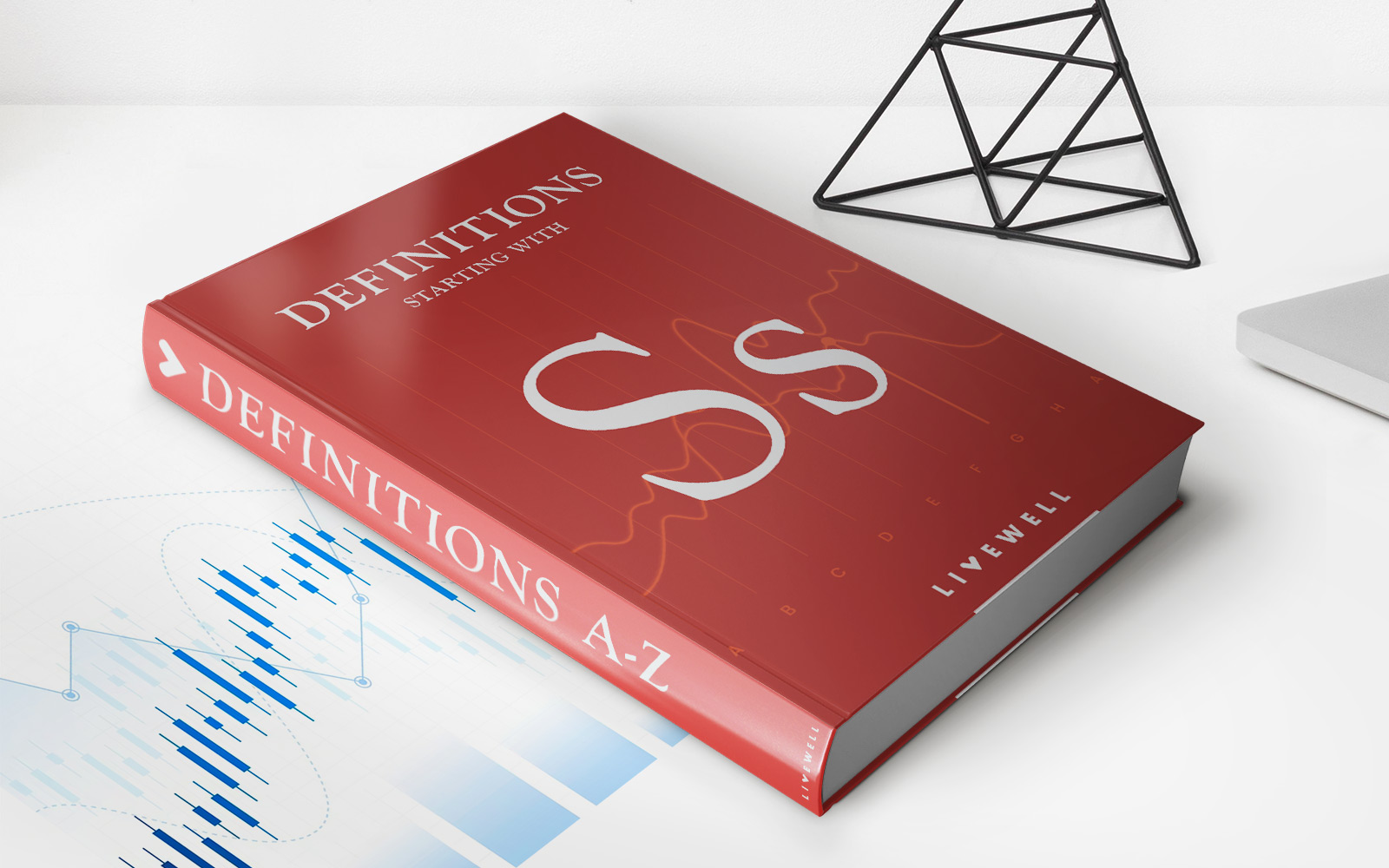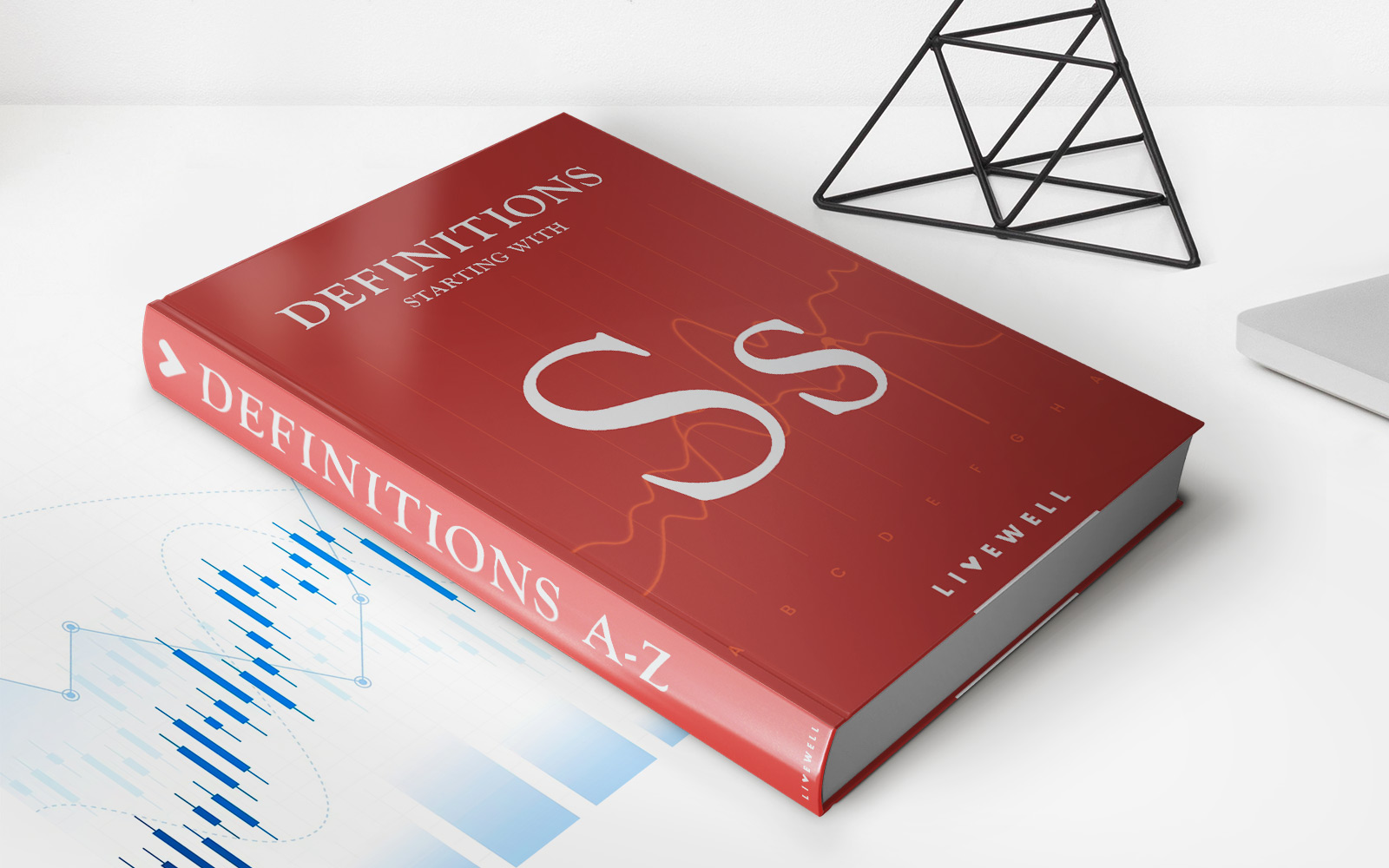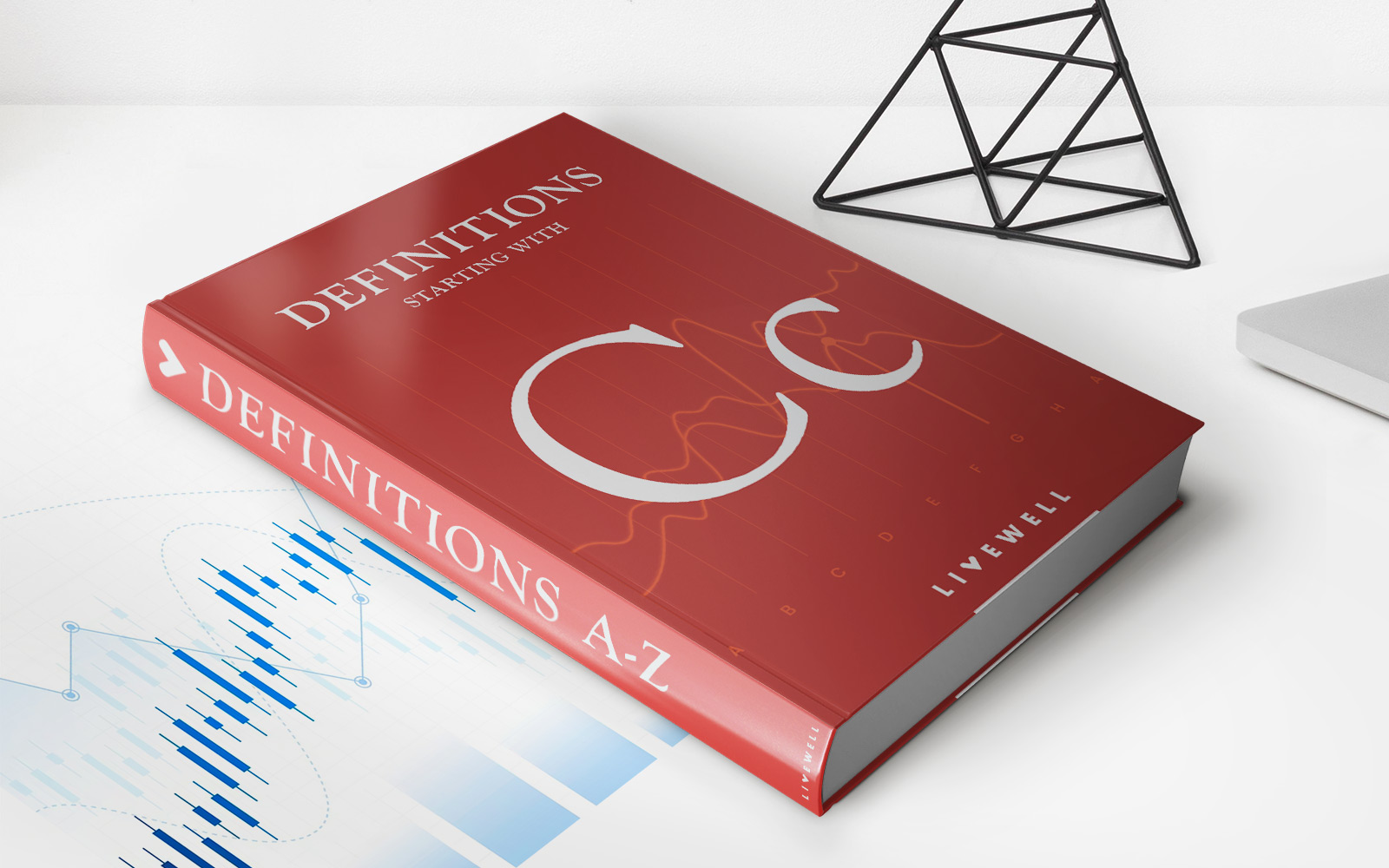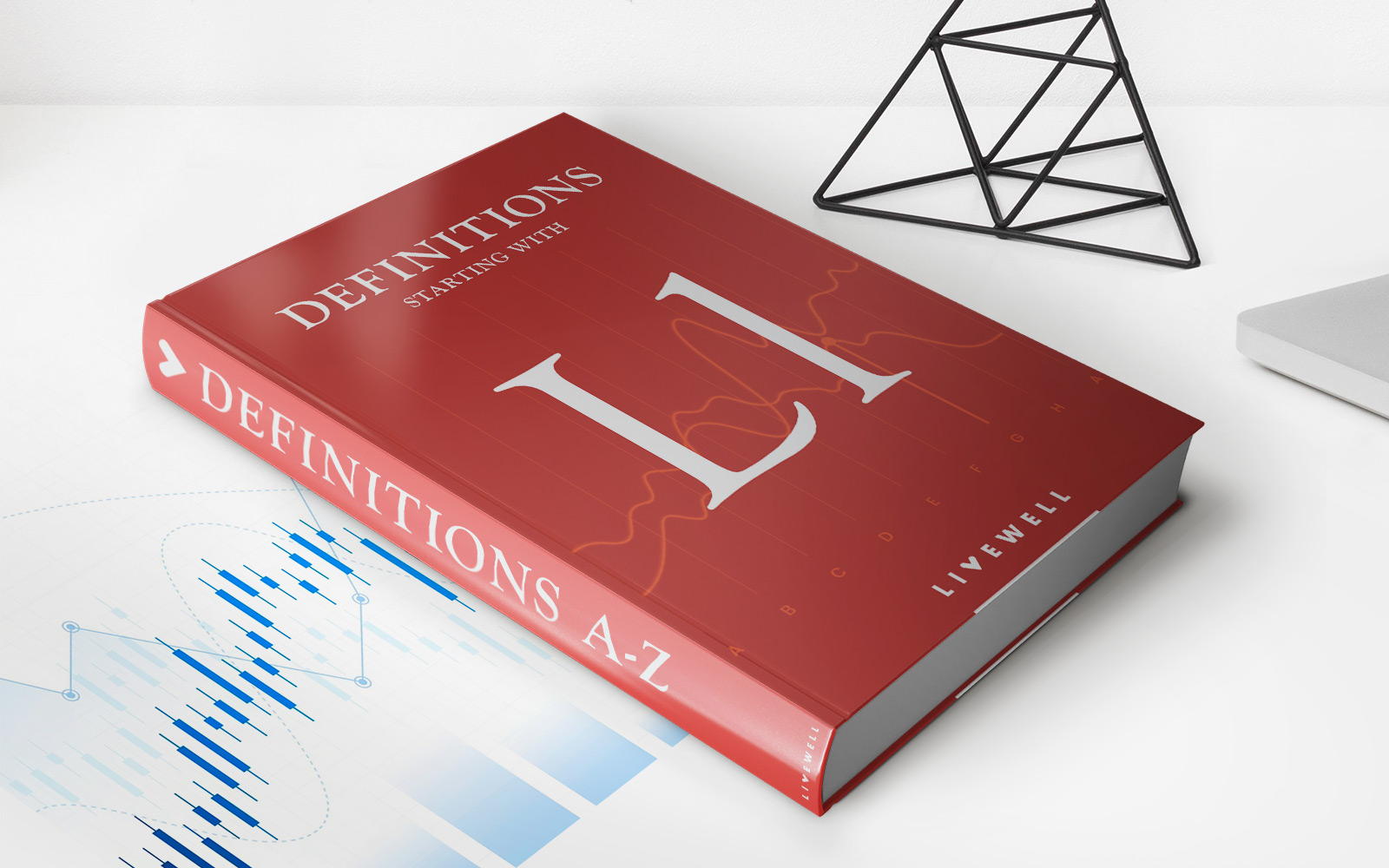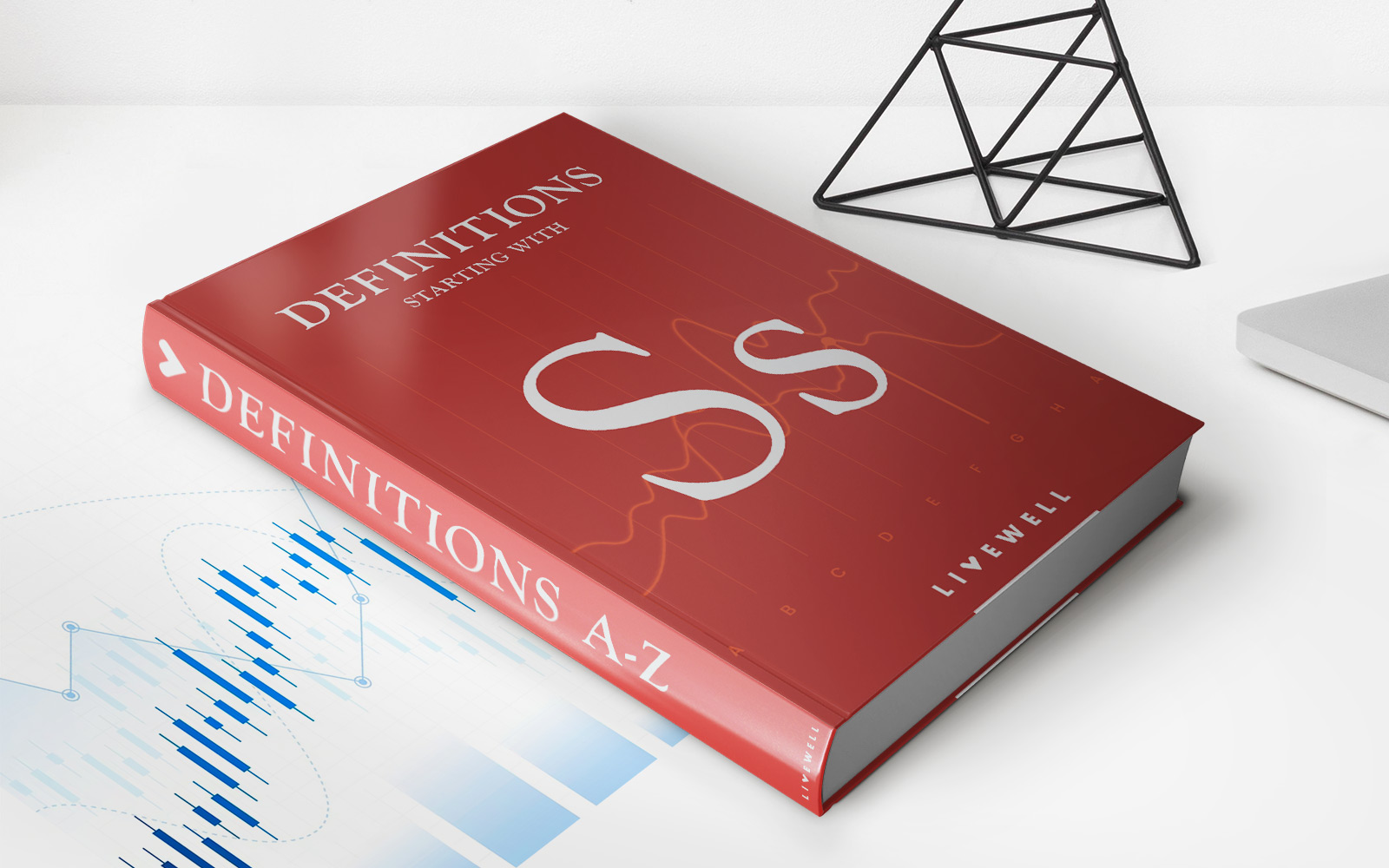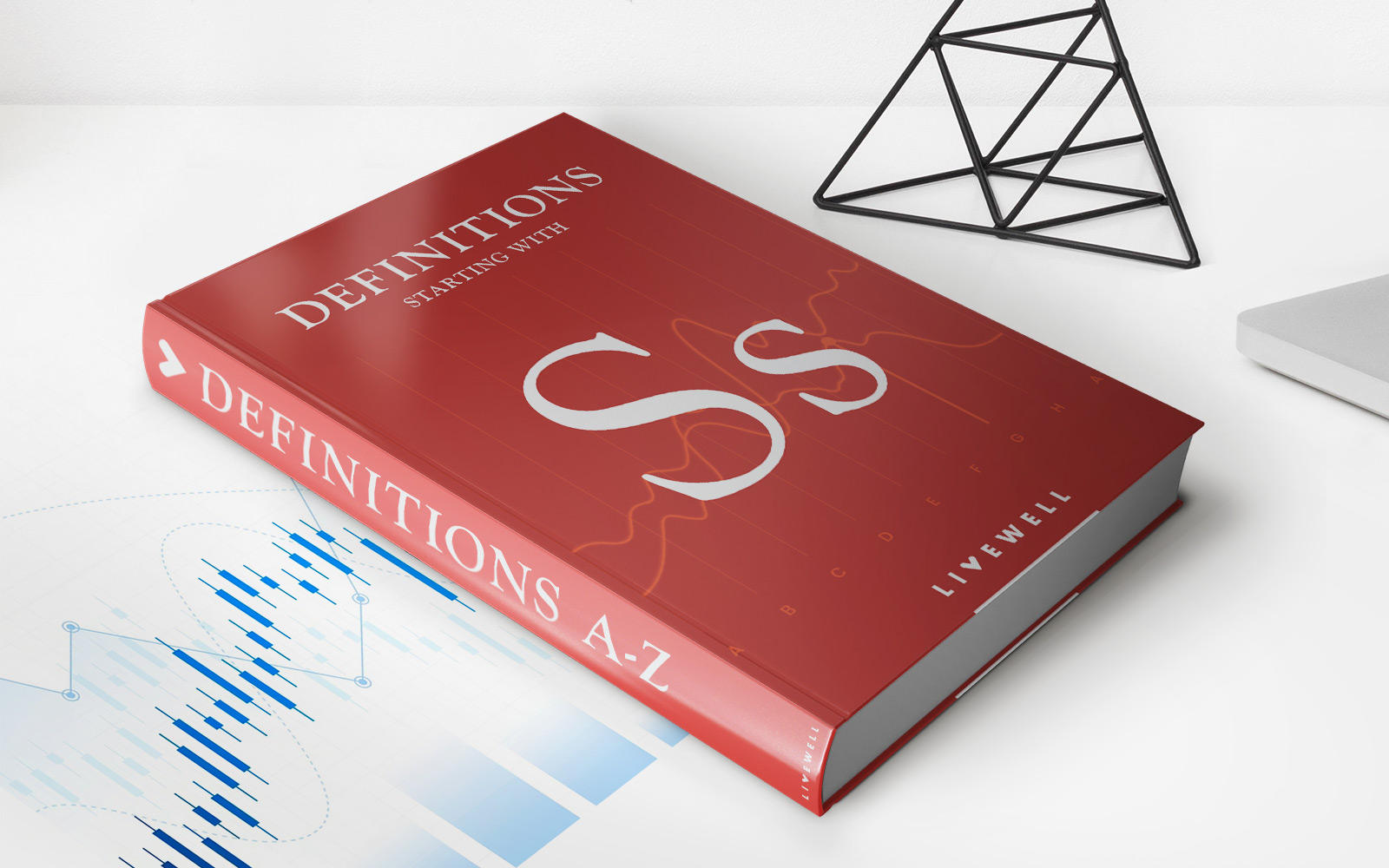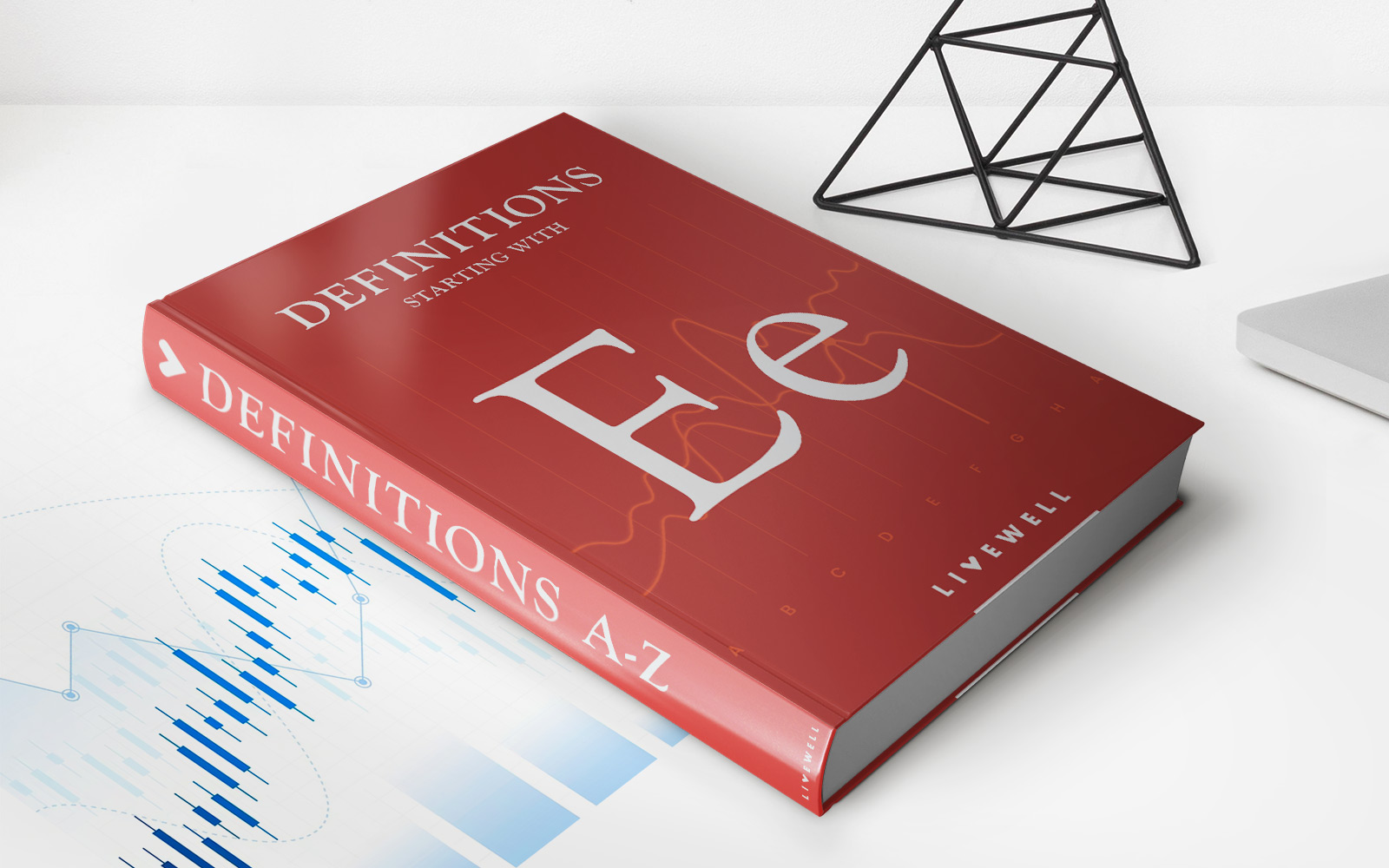Home>Finance>Section 1031 Definition And Rules For A 1031 Exchange
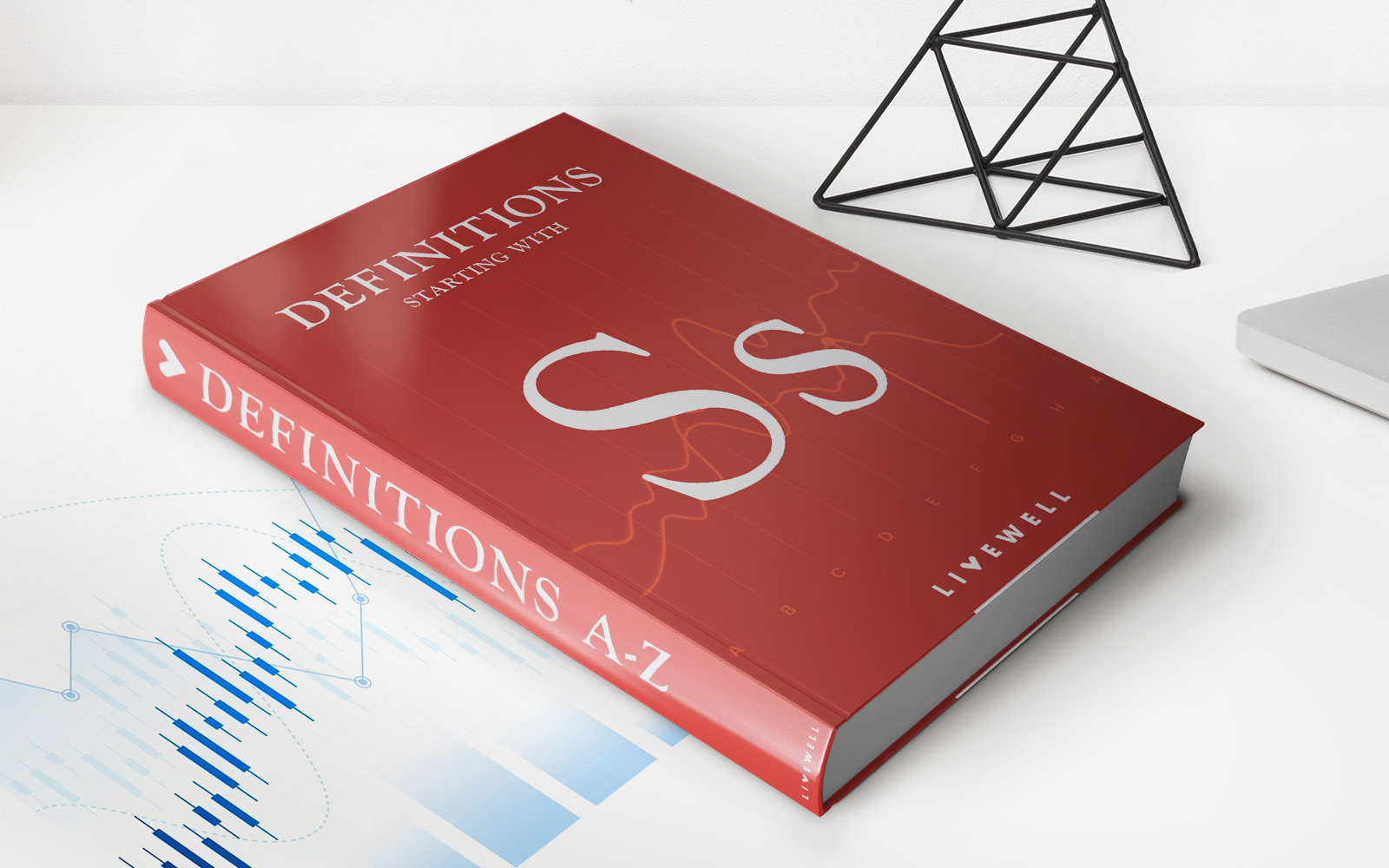

Finance
Section 1031 Definition And Rules For A 1031 Exchange
Published: January 25, 2024
Learn about the definition and rules for a 1031 exchange in finance. Maximize your financial benefits with our comprehensive guide.
(Many of the links in this article redirect to a specific reviewed product. Your purchase of these products through affiliate links helps to generate commission for LiveWell, at no extra cost. Learn more)
Exploring the Section 1031 Definition and Rules for a 1031 Exchange
Welcome to our finance blog, where we delve into various topics related to managing your finances and making informed investment decisions. In this post, we will be discussing an important aspect of real estate investing called a 1031 exchange. If you’ve ever wondered what a Section 1031 exchange is and how it can benefit you as an investor, you’ve come to the right place! Let’s dive into the basics and explore the rules.
Key Takeaways:
- A Section 1031 exchange allows you to defer capital gains taxes on the sale of an investment property.
- To qualify for a 1031 exchange, the property being sold and the one being purchased must meet specific criteria.
Understanding the Section 1031 Exchange
Introduced in the Internal Revenue Code, Section 1031 allows investors to defer paying capital gains taxes when they sell one investment property and purchase another similar property. This provision is especially beneficial for those looking to reinvest their profits into more lucrative real estate ventures, as it allows for tax savings and potential portfolio expansion without a significant cash outflow.
While the concept of a 1031 exchange may sound simple, there are certain rules and guidelines that must be followed to successfully execute this tax strategy. Let’s explore some of the key rules you need to be aware of:
Rule 1: Like-Kind Property
The property being sold and the property being acquired must be of “like-kind.” However, the definition of “like-kind” is quite flexible in the context of a 1031 exchange. It does not mean the properties in question must be identical; rather, they must be of the same nature or character, such as exchanging a residential property for a commercial property. This rule allows investors to diversify their portfolio while still deferring taxes.
Rule 2: 45-Day Identification Period
After selling your investment property, you have 45 days to identify potential replacement properties. This identification must be made in writing and submitted to a qualified intermediary, who is responsible for handling the funds involved in the exchange. It’s essential to carefully consider various replacement options during this period to ensure compliance with the IRS regulations and optimize your investment strategy.
Rule 3: 180-Day Exchange Period
Once you’ve identified the replacement properties, you have a maximum of 180 days (or the due date of your tax return, whichever comes first) to close on the purchase. It’s crucial to stay organized and work closely with your qualified intermediary and real estate professionals to ensure a smooth transaction within the specified timeframe.
These rules merely scratch the surface of the intricacies involved in executing a successful 1031 exchange. To navigate the process successfully, it is advisable to consult with a qualified tax advisor or a real estate professional who specializes in 1031 exchanges.
Addition and Conclusion:
By understanding the Section 1031 definition and rules for a 1031 exchange, you can unlock tremendous opportunities for growing your real estate portfolio while deferring capital gains taxes. Remember, the tax code is complex, and it is crucial to seek professional advice specific to your situation.
So, whether you’re a seasoned real estate investor or just starting your journey, make sure to consider the benefits of a 1031 exchange and how it can help you achieve your financial goals.
Do you have any questions about the Section 1031 exchange or want to share your experiences? Leave a comment below or get in touch with our team—we’d love to hear from you!

